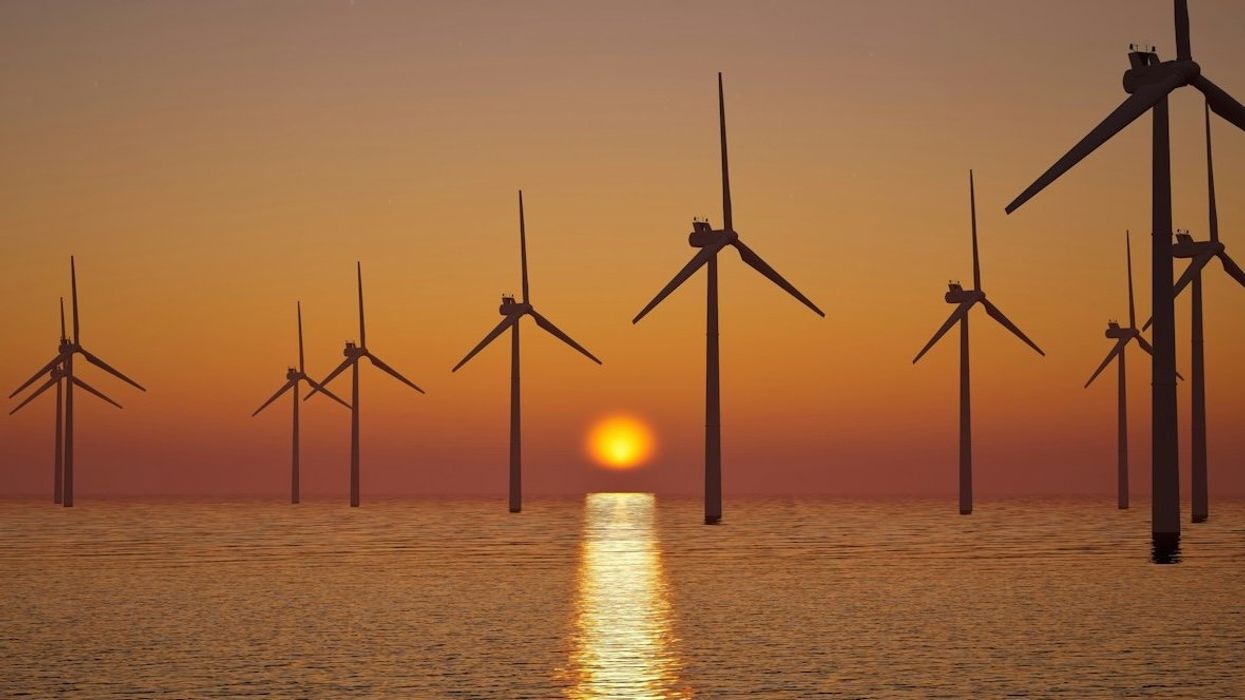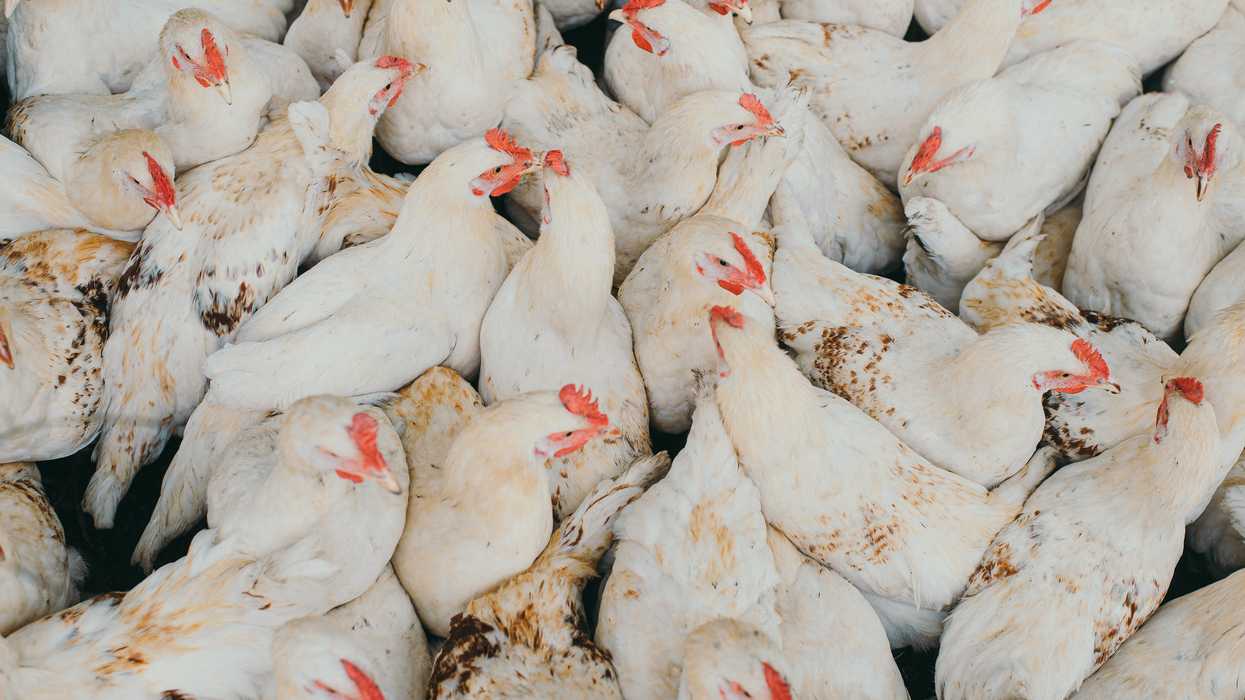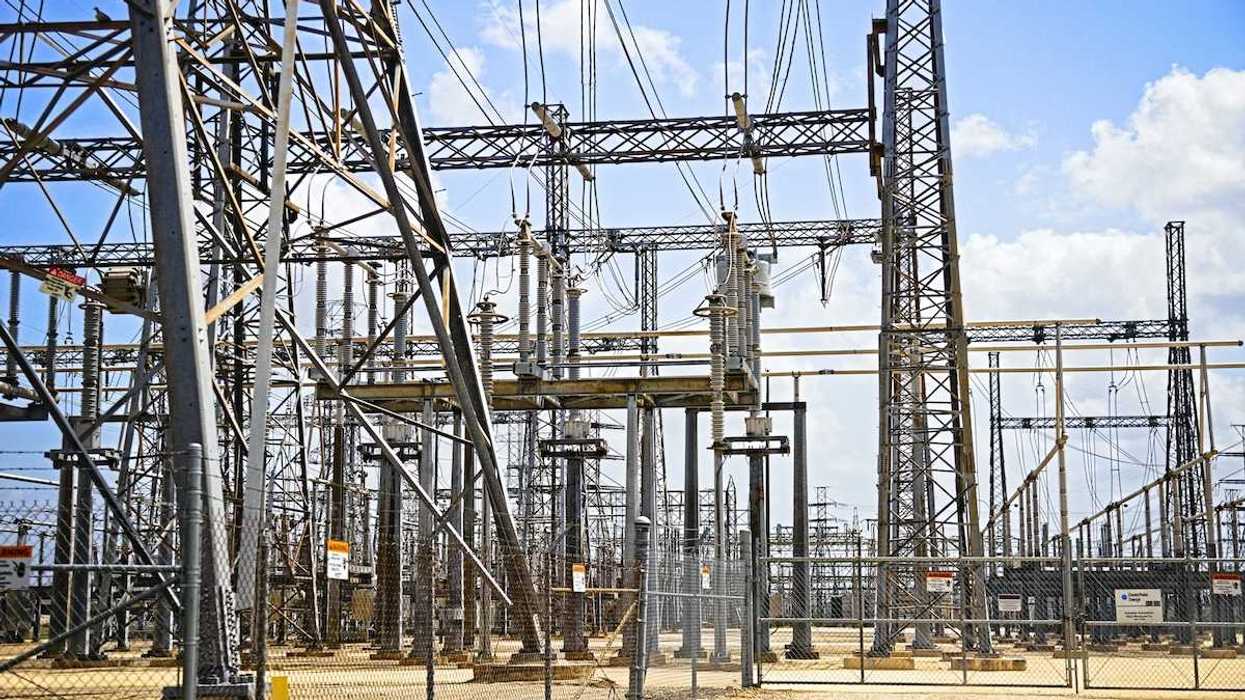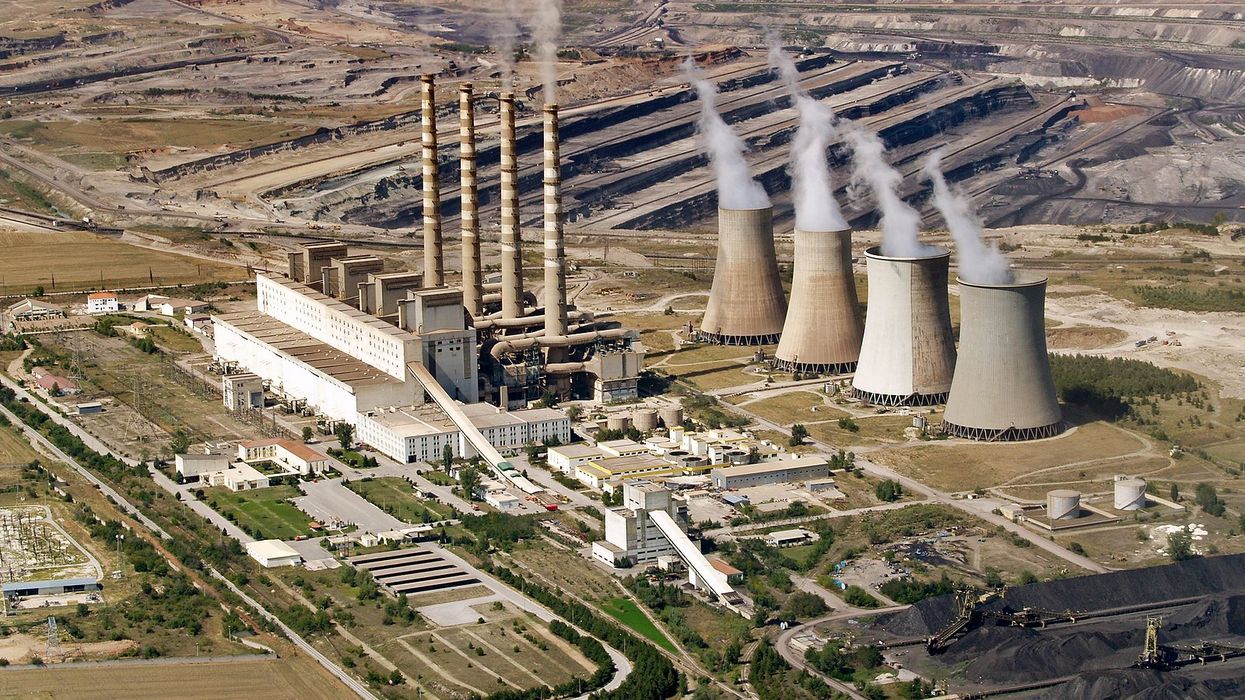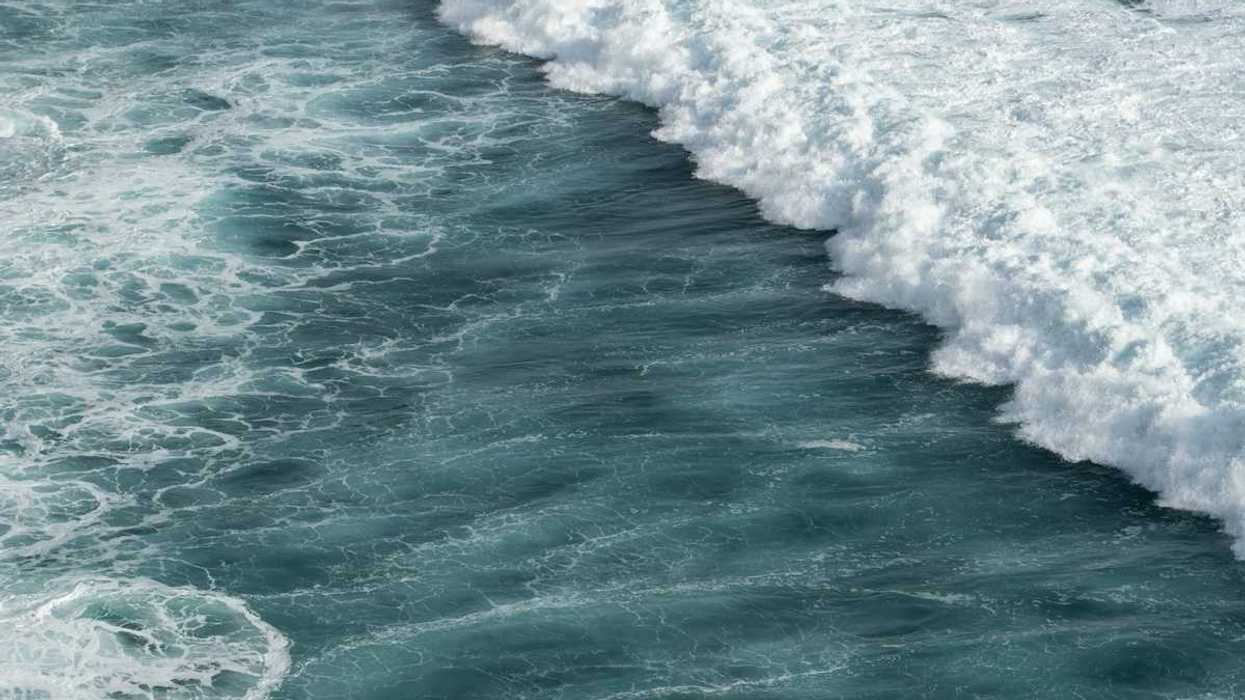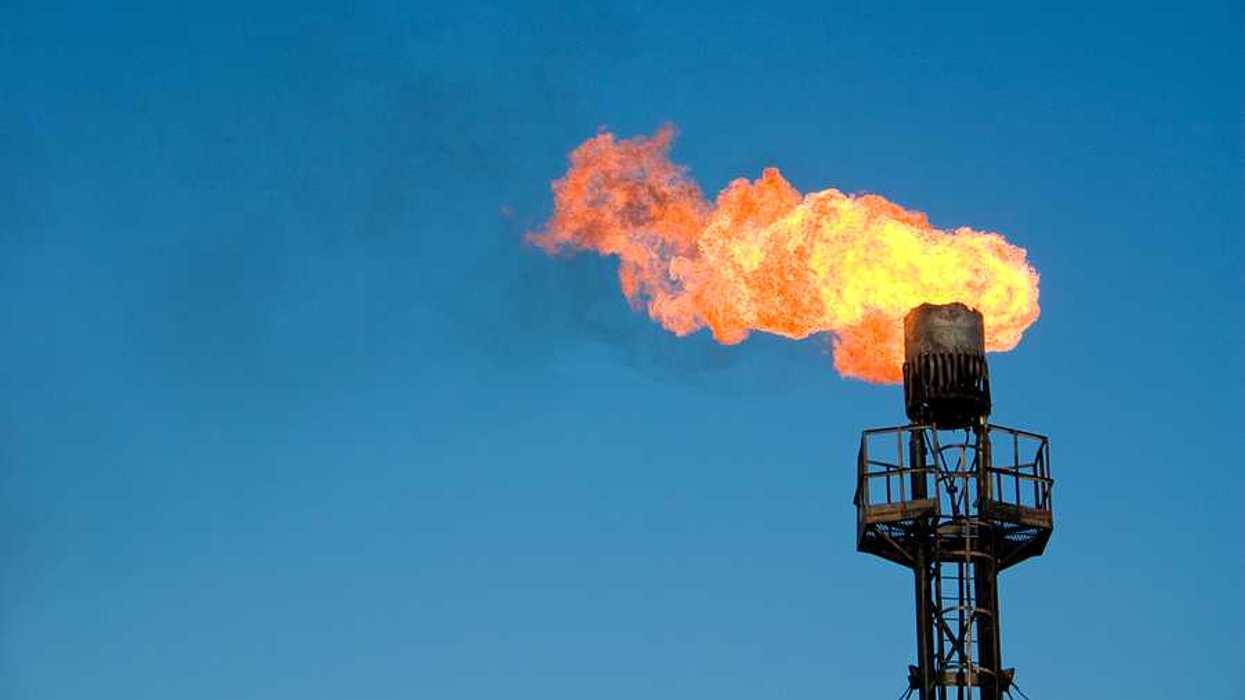Anti-camping laws in Florida are making it harder for the state’s homeless population to access aid and shelter amid Hurricanes Helene and Milton.
Rachel M. Cohen reports for Vox.
In short:
- Florida's new law bans sleeping on public property, with temporary exceptions during hurricanes, potentially criminalizing homelessness once emergency orders are lifted.
- FEMA's disaster relief policies largely exclude people already homeless before hurricanes, offering minimal aid and complicated application processes.
- Advocates fear these laws will push people further from emergency help and worsen distrust, making recovery efforts for homeless individuals more difficult.
Key quote:
“These laws create significant complications, will really make aid more difficult to sort out, and what I have been saying is it makes a community less resilient to disasters.”
— Noah Patton, manager of disaster recovery at the National Low Income Housing Coalition
Why this matters:
With more frequent extreme weather events due to climate change, policies that criminalize homelessness hinder effective disaster response. As housing costs rise, more people are at risk of homelessness, complicating recovery and increasing vulnerability during emergencies.
Related:





